You’d think scientists might have realised by now that creating a race of super-robots is about as wise as opening a dinosaur park. Yet in Channel 4’s new sci-fi series Humans (Sunday), the manufacturers of the extremely lifelike cyber-servants known as ‘synths’ were weirdly confident that nothing could go wrong. Nor did it cross their minds that the synths — programmed only to do whatever their owners told them — could possibly develop their own thoughts and emotions…
Still, if its premise is almost heroically unoriginal, Humans does look as if it’ll be giving the social, scientific and philosophical implications of advanced artificial intelligence an impressively thorough airing. And, because it’s cunningly set in the present, what could otherwise have been rather abstract ideas are disconcertingly anchored in a reality we already recognise. The synths themselves, for example, with their scripted courtesies, are not unlike all those overtrained service staff we meet every day — especially when ordering coffee.
The story began when Joe Hawkins (Tom Goodman-Hill) had had enough of looking after the house and children when his lawyer wife Laura (Katherine Parkinson) was away on cases. He therefore popped along to his local branch of Persona Synthetics and bought himself a robot called Anita. Oddly, though, when Laura returned home, she didn’t appear all that grateful to find a machine in the shape of a beautiful younger woman uncomplainingly doing all the domestic chores.
She would have been even more alarmed if she’d known that Anita is one of a handful of synths (so far) heading towards full consciousness — as spelled out later by a scientist who helpfully took on the same role as Basil Exposition in the Austin Powers movies. Thanks to him, we now understand that synths like Anita are approaching ‘the singularity’: the point at which technology can think for and reproduce itself. Nobody knows for sure how they’re doing this, but it may be that they’re just observing and copying the people they meet.
At this stage, Humans hasn’t quite integrated the drama part with the philosophical stuff — or, more specifically, the drama feels as it it’s there primarily as an excuse to ask the big questions that seem to be the programme’s main interest. Do all of us develop consciousness largely by observing and copying other people? What, for that matter, is consciousness? (I did say they were big questions.) Might we even be better off without all those pesky thoughts and emotions — at least when it comes to the drearier demands of everyday life? Does Anita’s obvious appeal to the Hawkinses’ teenage son tell us something about how little adolescent males require their lust objects to have feelings? Or is it more of a comment on our genuine emotional attachment to technological devices?
And all that in just the first hour of the series. Now the only thing Humans needs to do to really take off is to put a similar effort into the more mundane business of actually showing us how super-robots might take over the world. That way, the drama itself could become as compelling as the issues it raises.
The BBC at War (BBC2, Sunday) is a title that might refer to almost any aspect of the corporation’s history. Here, however, the meaning is literal as Jonathan Dimbleby provides a well-researched examination of what the Beeb did between 1939 and 1945.
Of course, the BBC started these years pretty well, with the first ever live announcement from Downing Street that a war had been declared. But what should it do after that? For a while, the answer was to intersperse hours of organ music with occasional news reports from Reuters. Luckily, it then learned a few lessons from a man who understood what radio could do: Joseph Goebbels.
Yet, while the BBC was happy to follow Goebbels in using popular entertainment to get listeners and in gathering its own news (much to the annoyance of the press barons in those happy days when the biggest threat to newspapers was the wireless), it demurred at being an organ of the state — which is where the trouble began. As he discussed the corporation’s many fights with the government, there was never much doubt which side Dimbleby was on — and not only because his dad was sometimes the target of Churchill’s fury. Even so, he did his best to achieve BBC balance: making it clear, for instance, that accurate reports of U-boat attacks had a terrible effect on the morale of merchant seamen.
He also played any number of great clips, including a broadcast Churchill made to Occupied France in which his atrocious French accent gave Ted Heath’s a serious run for its money. Before the broadcast, Dimbleby told us, Churchill had arrived in the studio asking the French translator if ‘the Frog speech’ was ready yet.
Got something to add? Join the discussion and comment below.
Get 10 issues for just $10
Subscribe to The Spectator Australia today for the next 10 magazine issues, plus full online access, for just $10.

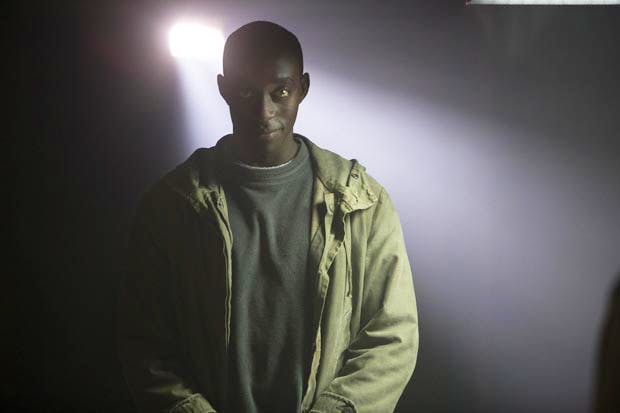
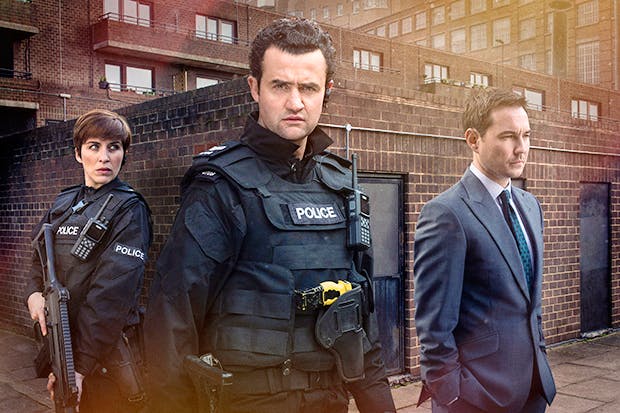
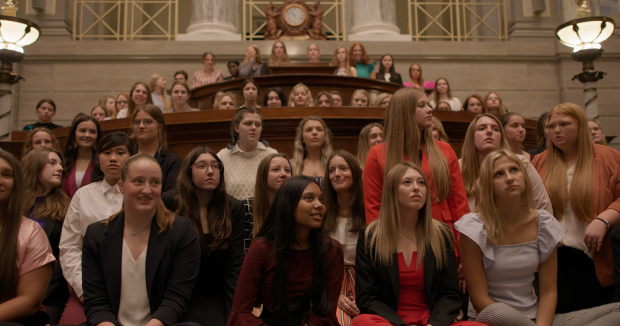


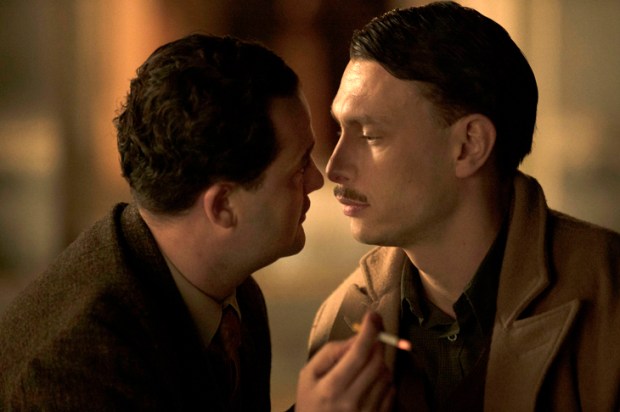
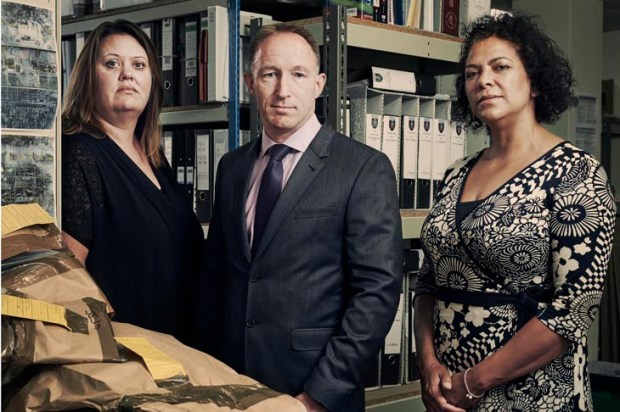






Comments
Don't miss out
Join the conversation with other Spectator Australia readers. Subscribe to leave a comment.
SUBSCRIBEAlready a subscriber? Log in